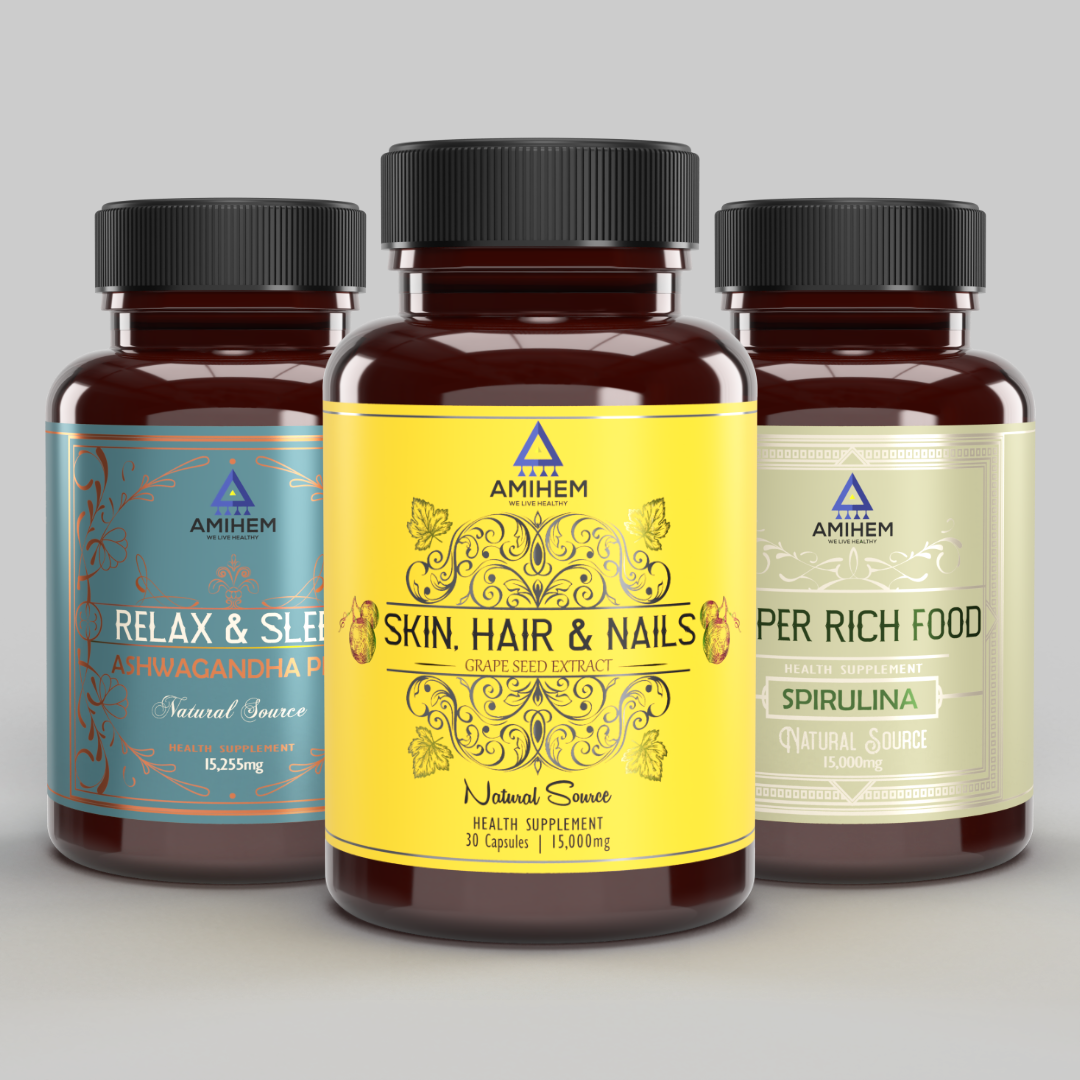In our fast-paced world, stress often feels like an unwelcome companion, impacting everything from sleep to overall well-being. But what if a traditional herb could help? Enter ashwagandha, an adaptogenic powerhouse rooted in Ayurvedic medicine, known for its potential to combat stress. A 2012 clinical study sheds light on its effectiveness, showing promising results for adults dealing with chronic stress.
What Is Ashwagandha and Why Stress Management?
Ashwagandha, scientifically Withania somnifera, is often called "Indian ginseng" due to its rejuvenating properties. As an adaptogen, it helps the body adapt to stressors by normalizing physiological processes. The study focused on a high-concentration full-spectrum extract from the root, standardized to at least 5% withanolides—the active compounds believed to drive its benefits.
Chronic stress can lead to elevated cortisol levels, anxiety, and even physical symptoms like insomnia or social withdrawal. The research explored how this extract addresses these issues through a rigorous, double-blind trial.
Key Findings from the Study
Researchers enrolled 64 adults experiencing chronic stress, randomizing them into two groups: one receiving 300mg of ashwagandha extract twice daily and the other a placebo, for 60 days. They measured outcomes using validated scales and biological markers.
1. Reduced Perceived Stress: On the Perceived Stress Scale (PSS), the ashwagandha group saw a 44% drop in scores, compared to just 5.5% in the placebo group. This indicates participants felt significantly less overwhelmed in daily life.
2. Lower Anxiety and Insomnia: Using the General Health Questionnaire (GHQ-28), improvements were notable across subscales. Anxiety and insomnia scores fell by 69.7%, somatic symptoms by 76.1%, social dysfunction by 68.1%, and severe depression by 79.2% in the treatment group—far outpacing the placebo's minimal changes.
3. Eased Depression and Overall Stress: The Depression Anxiety Stress Scale (DASS) showed a 71.6% total reduction in the ashwagandha group, with specific drops of 77% in depression, 75.6% in anxiety, and 64.2% in stress subsets.
4. Cortisol Levels: A key stress hormone, serum cortisol decreased by 27.9% in the ashwagandha group, versus 7.9% in placebo, highlighting its role in balancing the body's stress response.
These results suggest ashwagandha not only tackles core stress but also its ripple effects, like mood disturbances and physical strain, ultimately enhancing quality of life.
How Does It Work?
The herb's adaptogenic effects stem from compounds like withanolides and sitoindosides, which may protect cells from oxidative damage and modulate stress pathways. By lowering cortisol and supporting neurological and endocrine systems, it builds resilience against mental and emotional overload.
Safety and Considerations
The study reported mild side effects, such as nasal congestion or drowsiness, occurring similarly in both groups—no serious issues emerged. However, those allergic to the Solanaceae family (like tomatoes or eggplants) should avoid it. Always consult a healthcare provider before starting, especially if pregnant, lactating, or on medications.
If you're exploring natural stress relief—perhaps alongside your interest in health supplements like L-citrulline—ashwagandha offers evidence-based support. This ancient herb could be a simple addition to your routine for better stress management.


